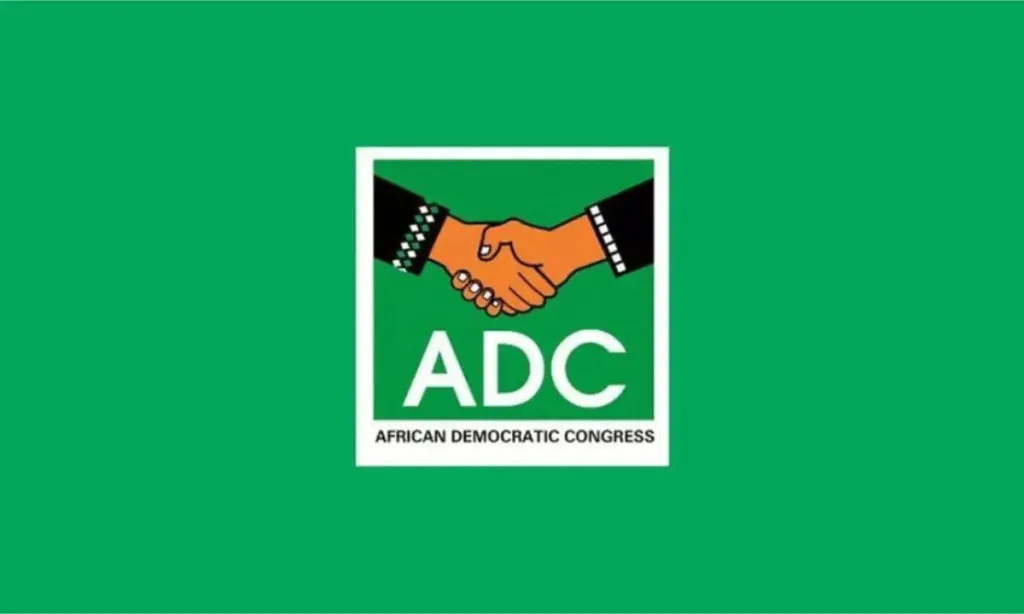The African Democratic Congress (ADC) has asserted victories in two of three state and national legislative seats during Saturday’s bye-elections in Nigeria’s Kaduna State, positioning the party as a growing force in the region. The claims, shared via a social media post by the party’s mobilization group, ADC Vanguard, described the outcome as a “stunning victory,” though official results from the Independent National Electoral Commission (INEC) remain pending.
Voting took place across three constituencies: the Chikun/Kajuru Federal Constituency and the state-level Zaria Kewaye and Basawa constituencies. While the ADC’s statement did not specify which seats it reportedly secured, the announcement signaled optimism within the party amid Nigeria’s shifting political landscape. The elections, held to fill legislative vacancies, are viewed as a gauge of public sentiment following 2023’s divisive general elections.
Reactions to the polls revealed broader political tensions. Ayekooto Akindele, a prominent figure in the ruling All Progressives Congress (APC), criticized former Kaduna Governor Nasir El-Rufai, suggesting voters had rebuffed his influence. “Kaduna people said loudly today that Uba Sani is their leader,” Akindele posted on X, referencing the current APC governor. The remark hinted at internal discord within the APC, as Uba Sani has publicly distanced himself from some policies enacted during El-Rufai’s tenure, which faced criticism for perceived authoritarian tactics.
The ADC’s claims, if confirmed, would mark a rare breakthrough for Nigeria’s smaller opposition parties, which have struggled to challenge the dominance of the APC and the main opposition Peoples Democratic Party (PDP). Political analysts note that Kaduna, a ethnically diverse state in Nigeria’s northwest, has emerged as a bellwether for shifting alliances ahead of the 2027 general elections.
Authorities have yet to announce a timeline for releasing certified results, though INEC officials emphasized transparency in the vote-counting process. Observers reported modest voter turnout, a common trend in Nigeria’s bye-elections, which often lack the fervor of national polls.
The developments underscore ongoing realignments within Kaduna’s political sphere, where economic instability and security challenges have fueled public dissatisfaction. While the ADC’s performance remains unverified, its confidence reflects ambitions to expand beyond its traditional southern strongholds. For now, stakeholders await official figures to determine whether the results signal a broader recalibration of support or a localized shift in voter priorities.
